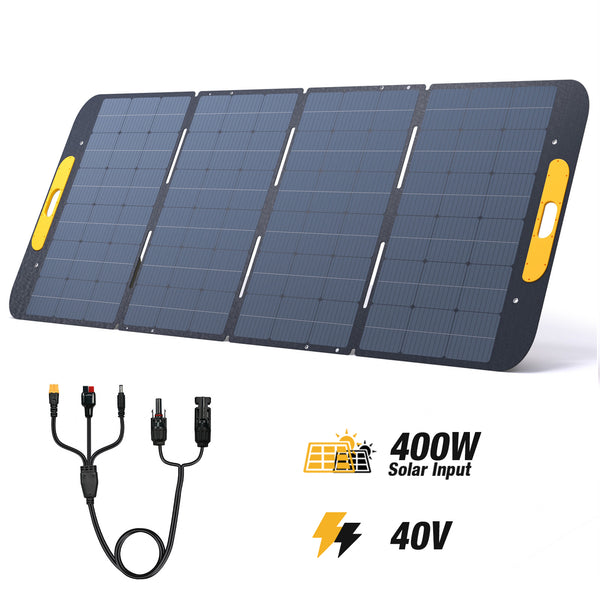When it comes to maintaining a comfortable indoor environment, air conditioning systems play a crucial role. However, what happens when the power goes out? This is where understanding generator sizing for air conditioning requirements becomes essential. Proper generator sizing ensures that your air conditioning unit operates efficiently, even during power outages.

Understanding Generator Sizing for Air Conditioning Requirements
Generator sizing is not a one-size-fits-all approach. It involves calculating the total wattage required to run your air conditioning system effectively. The first step in this process is to determine the starting and running wattage of your air conditioning unit. Typically, air conditioners require more power to start than to run, which is why both figures are important.
- Starting Wattage: This is the initial power needed to kickstart the air conditioning unit.
- Running Wattage: This is the continuous power required to keep the unit running after it has started.
To find the right generator, you must add the starting wattage of your air conditioning unit to the running wattage of any other appliances you wish to power simultaneously. This total will guide you in selecting a generator that meets your needs.
Factors Influencing Generator Sizing
Several factors can influence the generator size you need for your air conditioning system. These include:
- Type of Air Conditioning System: Central air conditioning systems typically require more power than window units.
- Climate: In hotter climates, air conditioning units may run longer, necessitating a larger generator.
- Usage Patterns: Consider how often you use your air conditioning and whether you need to power other devices simultaneously.
By taking these factors into account, you can make a more informed decision about the generator size that will best suit your air conditioning requirements.
Benefits of Proper Generator Sizing
Choosing the correct generator size offers numerous benefits:
- Efficiency: A properly sized generator ensures that your air conditioning system runs efficiently, reducing fuel consumption.
- Longevity: Running a generator that is too small can lead to overloading, which may damage both the generator and the air conditioning unit.
- Cost Savings: Investing in the right generator size can save you money in the long run by avoiding costly repairs and ensuring optimal performance.
Conclusion
In conclusion, understanding generator sizing for air conditioning requirements is vital for ensuring that your air conditioning system operates smoothly during power outages. By calculating the necessary wattage and considering various influencing factors, you can select a generator that meets your needs effectively. For more detailed guidance on this topic, visit this link.



